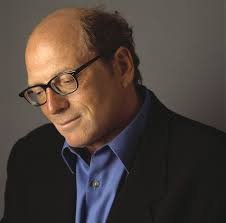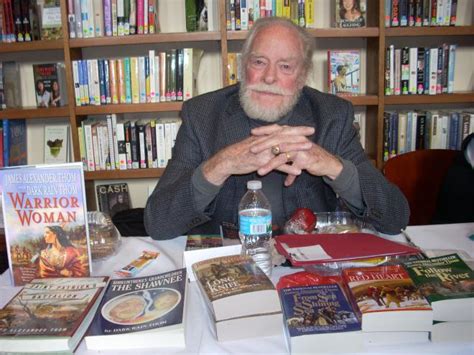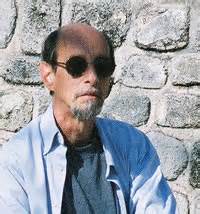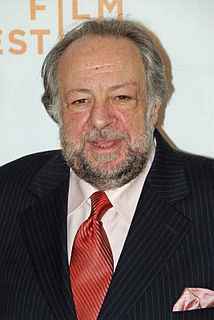A Quote by Steven Pinker
We often feel that a clever aphorism captures a truth that would require pages to defend in any other way.
Related Quotes
If I write a paragraph and I don't get a certain lift from it, if I don't feel connected to it emotionally, then it's dead to me. When I'm reading other fiction writers, if I don't get any emotional investment from the writer, if it's just intellectual or clever - you know, most writing that passes as deep is just clever - I don't feel any connection.
I don't have any one way to tell a story. I don't have any rule book of how it's supposed to be done. But I've always said that if a story would be more emotionally involving told, beginning, middle, and end, I'll tell it that way. I won't jigsaw it, just to show what a clever boy I am. I don't do anything in my script just to be clever.
There's a truth deeper than experience. It's beyond what we see, or even what we feel. It's an order of truth that separates the profound from the merely clever, and the reality from the perception. We're helpless, usually, in the face of it; and the cost of knowing it, like the cost of knowing love, is sometimes greater than any heart would willingly pay. It doesn't always help us to love the world, but it does prevent us from hating the world. And the only way to know that truth is to share it, from heart to heart, just as Prabhakar told it to me, just as I'm telling it to you now.
I would proclaim that the vast majority of what [say, Scientific American] is true-yet my ability to defend such a claim is weaker than I would like. And most likely the readers, authors, and editors of that magazine would be equally hard pressed to come up with cogent, non-technical arguments convincing a skeptic of this point, especially if pitted against a clever lawyer arguing the contrary. How come Truth is such a slippery beast?
Surely comics require more effort on the part of the reader than movies or television. I'm always learning new things you can do with comics that wouldn't work in any other medium, and often they require the need to process a lot of dense information. Of course, the trick is to make the complicated seem effortless and spontaneous.
In spite of my study, I have learned. Every grand religion begins in light. Yet only hearts hold light. Pages cannot. I have paper in my hands. Give these words to the world and they will be loved and understood by those who already know their truth. The truth doesn't burn. The truth waits for anyone who wishes to find it... only these pages will burn. At one with the stars... with the pages and their love... one with everything that is, that ever was or will be. One.
There never is any such thing as one truth to be found in dramatic art. There are many. These truths challenge each other, recoil from each other, reflect each other, ignore each other, tease each other, are blind to each other. Sometimes you feel you have the truth of a moment in your hand, then it slips through your fingers and is lost.
I found that most people don't really want to know the truth. There are plenty of people who want to know the truth on their terms or require that the truth be contained within certain boundaries of comfort. But truth can never be known this way. You have to seek truth from a place of not knowing, and that can be a very threatening place because we think we already know the truth or we are afraid of what the truth might be.
There are people who try to figure things out. Often, magic is presented in a way that sets up a challenge that I actually find kind of appalling. You know, "I'm clever, I can do something, and you don't know what it is." And that instills in the audience the idea that, "Yes, I do. You're not that clever."
We who are rich are often demanding and difficult. We shut ourselves up in our apartments and may even use a watchdog to defend our property. Poor people, of course, have nothing to defend and often share the little they have. When people have all the material things they need, they seem not to need each other. They are self-sufficient. There is no interdependence. There is no love.
The Bible differs from all other books in that it never wears out. Other books are read and laid aside, but the Bible is a constant companion. No matter how often we read it or how familiar we become with it, some new truth is likely to spring out at us from its pages whenever we open it, or some old truth will impress us as it never did before. Every Christian can give illustrations of this.





































